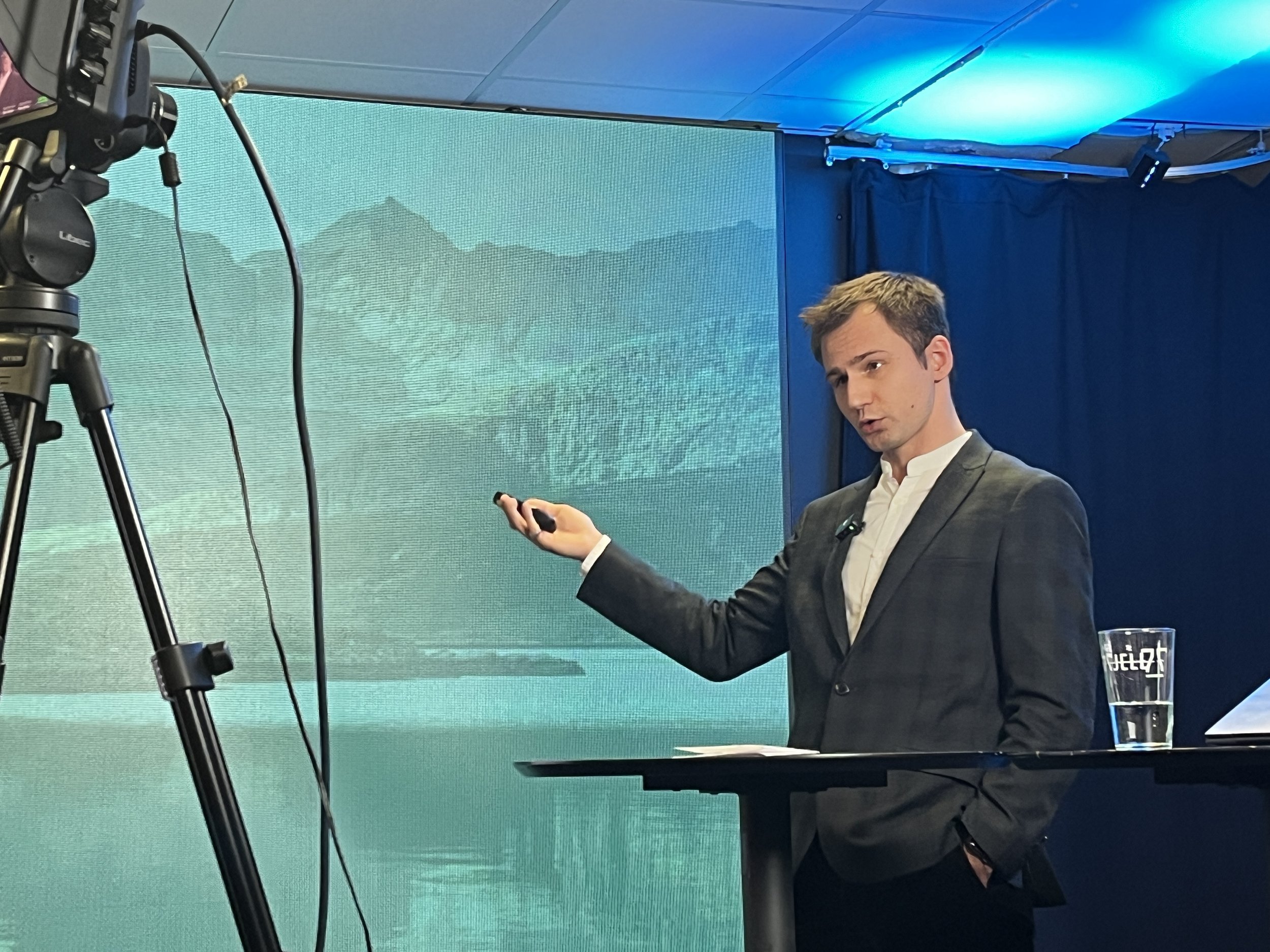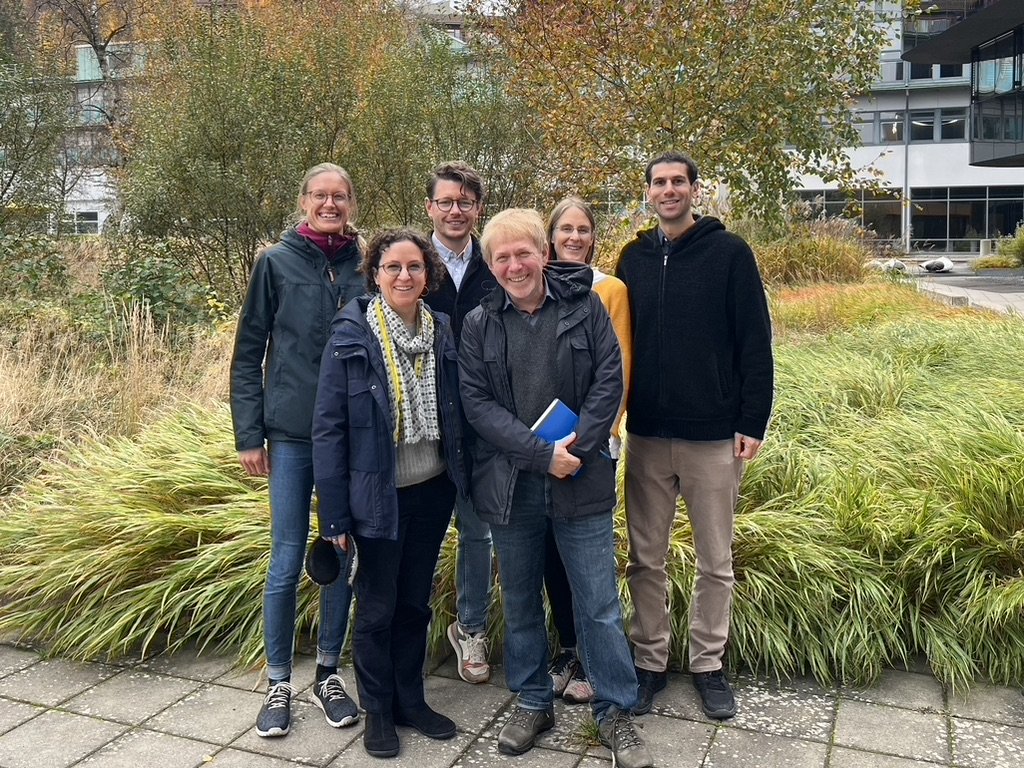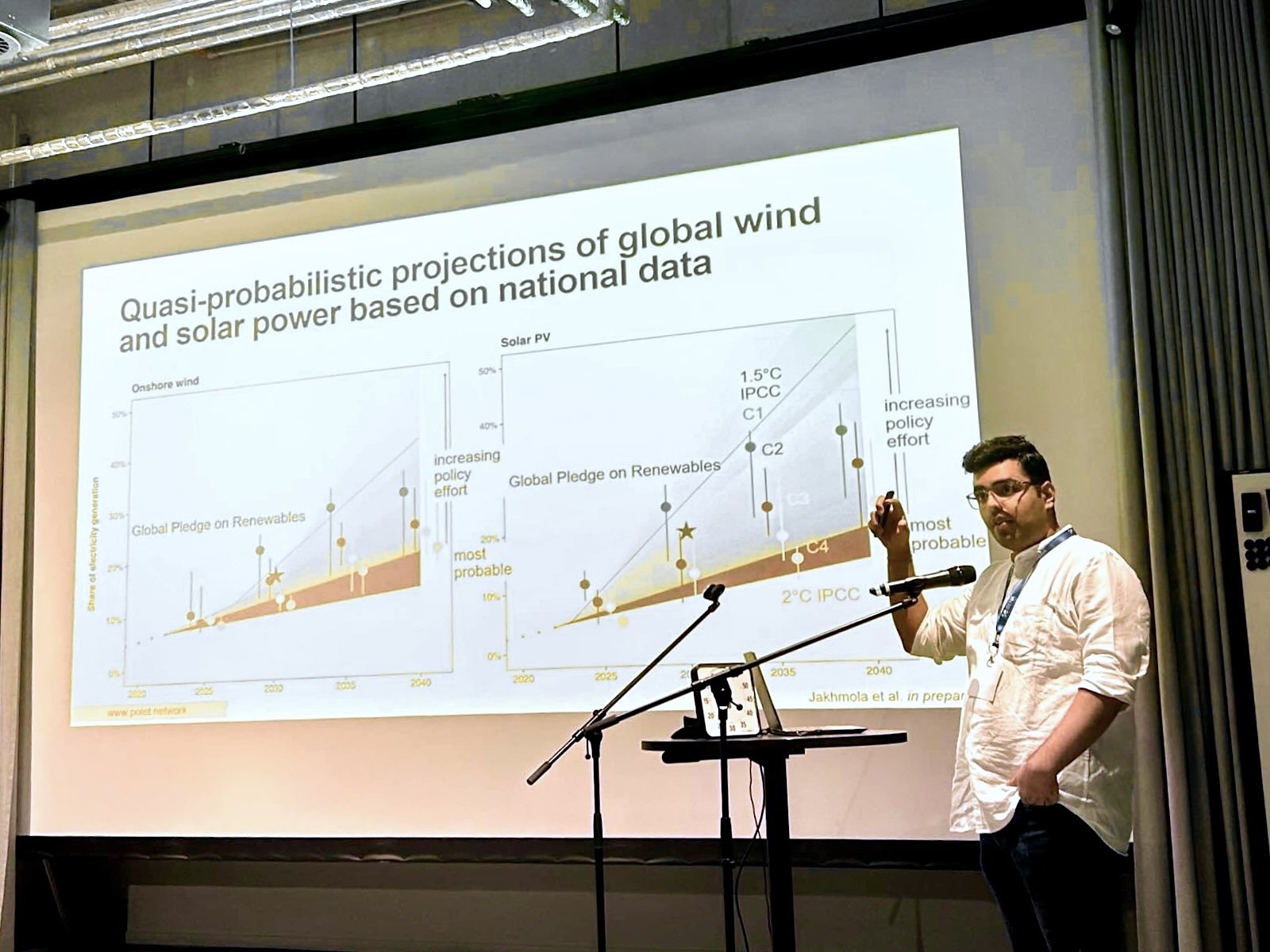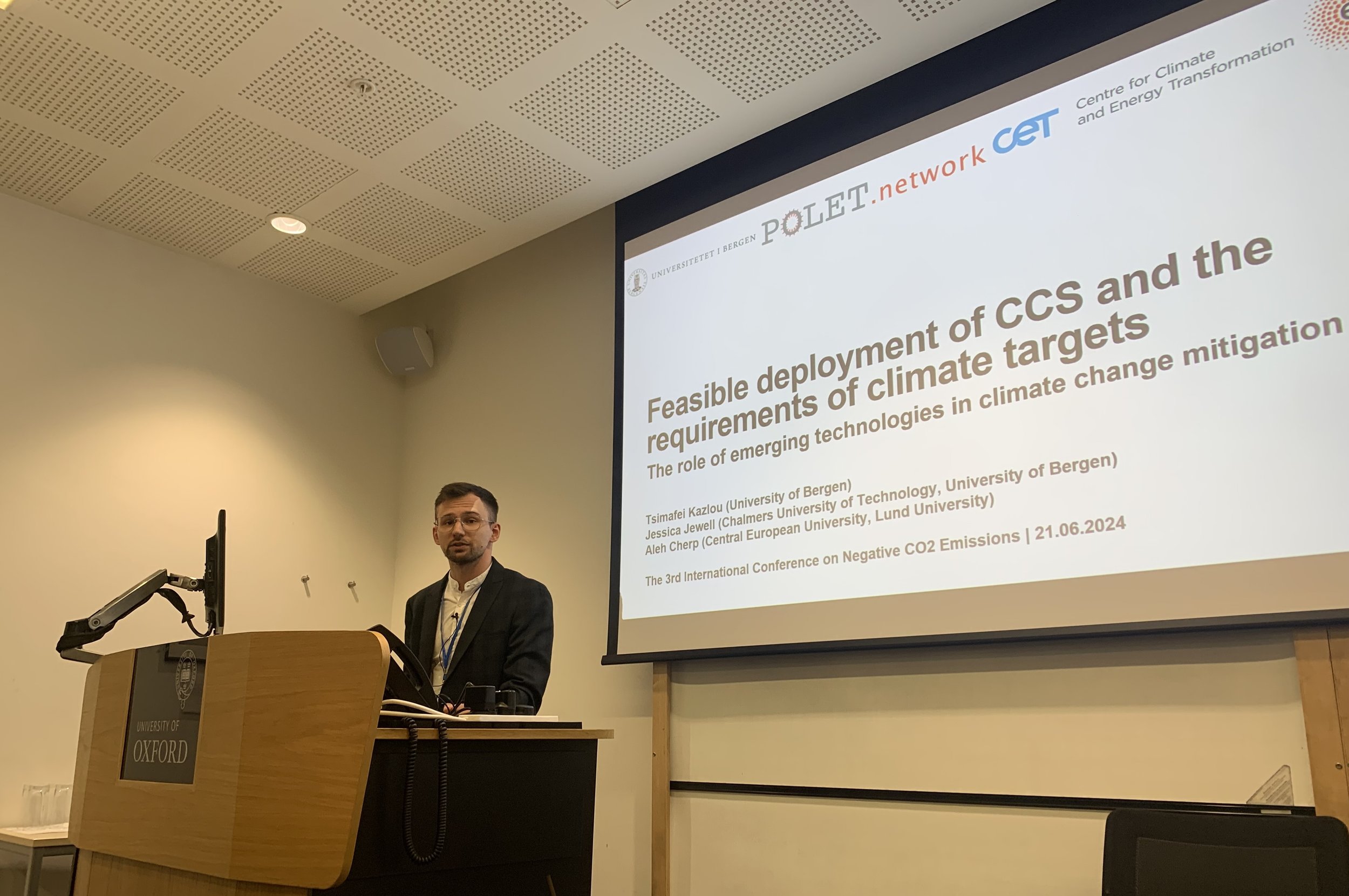We know how to save the climate in mathematical models. Can we do it in the real world?
The POLET (Perspectives on technOLogical change and Energy Transitions) research group explores this question by analyzing change and continuity in energy systems.
We strive for rigorous, accessible and informative scholarship that facilitates a dialogue between energy system modellers, socio-technical transition scholars, political scientists and historians.

POLET team in 2024
Research themes
Contexts
We analyse how transitions happen in diverse national contexts and in different historical settings.
Read our publications and projects about different contexts.
Technologies
We focus on technologies that make difference for climate mitigation.
Read our publications and projects about fossil fuels, new renewables, and nuclear power.
Concepts
We aim to develop theories of energy transitions that would allow us to analyse the feasibility of climate change.
Our conceptual work covers energy security, theories of energy transitions and feasibility of climate action.
Futures
Tackling climate change requires action which will shape our future.
We analyse scenarios of climate mitigation to identify historical precedents for climate action.
Projects
Ongoing
NEW STEPS aims to compare and analyse technologies and policies that can realistically expand Sweden’s low-carbon electricity supply.
Ongoing
MISTRA Electric aims to identify feasible pathways to low-carbon electrification of industry, heating and transport in Sweden in order to achieve the national net-zero emissions vision by 2045.
Ongoing
MANIFEST (Mechanisms and Actors of Feasible Energy Transitions) aims to develop a new scientific understanding of the feasibility of climate action by unpacking the mechanisms of decarbonizing the electricity sector worldwide.
2020-2024
CINTRAN (Carbon Intensive Regions in Transition - Unravelling the Challenges of Structural Change) aims to understand the structural change of carbon-intensive regions across Europe. Our team is developing a diagnostic approach to analyze the feasibility of low-carbon transitions in coal-dependent regions.
2019-2023
ENGAGE (Exploring National and Global Actions to reduce Greenhouse gas Emissions) explores the feasibility of pathways that can meet the objectives of the Paris Agreement. It is operated by a global consortium of nearly 30 partners including Central European University, which co-leads the work on defining feasibility of climate mitigation based on empirical evidence.
2017-2022
Contractions (Analyzing past and future energy industry contractions: Towards a better understanding of the flip-side of energy transitions) analyses the mechanisms and the historic rates of decline of energy industries and comparing these to the decline rates expected in the future energy transitions.
Publications
J. Jewell & T. Kazlou. (2024). Major step up in carbon capture and storage needed to keep warming below 2 °C. Nature Climate Change. DOI: https://doi.org/10.1038/s41558-024-02112-0
T. Kazlou, A. Cherp & J. Jewell. (2024). Feasible deployment of carbon capture and storage and the requirements of climate targets. Nature Climate Change. Open Access. DOI: https://doi.org/10.1038/s41558-024-02104-0
S. Bhowmik, A. Cherp, V. Vinichenko (pre-print). Technology and policy co-evolution: the case of solar power in India. POLET Working Paper series 2024-4
L. Nacke, V. Vinichenko, A. Cherp, A. Jakhmola & J. Jewell. (2024). Compensating affected parties necessary for rapid coal phase-out but expensive if extended to major emitters. Nature Communications. Open Access. DOI: https://doi.org/10.1038/s41467-024-47667-w
M. Suzuki, J. Jewell & A. Cherp. (2023). Have climate policies accelerated energy transitions? Historical evolution of electricity mix in the G7 and the EU compared to net-zero targets. Energy Research & Social Science. Open Access. DOI: https://doi.org/10.1016/j.erss.2023.103281
M. Vetier, A. Pavlenko, J. Jewell, A. Cherp, & V. Vinichenko (pre-print). Do policy targets change technology growth trajectories? Understanding the steady growth of onshore wind in Europe. POLET Working Paper series 2024-3
Blog & News
POLET is recruiting a Research specialist in quantitative methods of technology and policy change. Applications should be received by January 31st, 2025.
Tsimafei Kazlou shared POLET research on the feasibility of carbon capture and storage technologies to Norwegian policymakers and industry representatives
POLET team organised a workshop to discuss our future research agenda, and presented our research at the MESPOM Alumni Conference 2024 in Budapest, Hungary
NEW STEPS hosts its project kickoff meeting and first reference group to begin building anticipatory scenarios of nuclear and wind power development in Sweden.
Marta Vetier and Jessica Jewell shared POLET’s research advances with Swedish energy scientists, industrial actors and policy-makers at MISTRA Electrification meeting.
Masahiro Suzuki defended his PhD summa cum laude at Central European University and receives two scientific awards for his research.
Avi Jakhmola presented a method for projecting global technology growth using evidence from national deployment at the International Energy Workshop 2024 in Bonn, Germany
Tsimafei Kazlou presented POLET research on the feasibility of carbon capture and storage technologies at the 3rd International Conference on Negative CO2 Emissions 2024 in Oxford, UK













